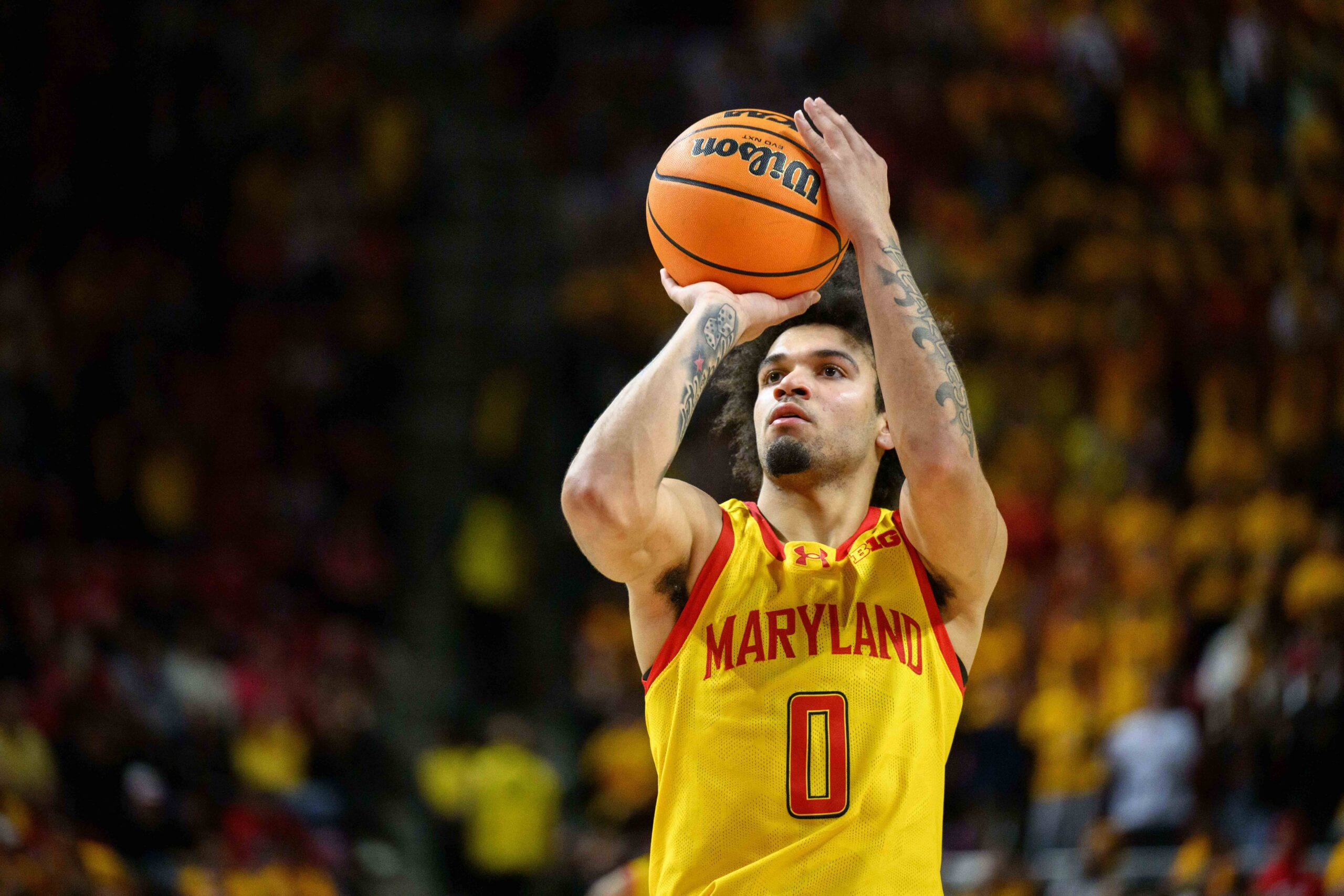
- Maryland and Connecticut lawmakers have introduced bills to ban sweepstakes gaming
- Connecticut Senators introduced SB 1235 to ban sweepstakes gaming in the state
- Two Maryland companion bills will ban sweepstakes in the Old Line State
State lawmakers are looking to potentially crack down on online sweepstakes gaming during 2025.
Maryland and Connecticut lawmakers both introduced bills this week for a complete ban of sweepstakes gaming in their states.
The two states are just the latest to propose legislation to ban the form of online gaming.
Maryland House of Representatives, Senate Introduce Bills
Two companion bills in Maryland were introduced this week in the Senate and House of Representatives to ban online sweepstakes games. Sen. Paul D. Corderman (R-2) introduced SB 860 and Delegate Eric Ebersole (D-44A) introduced HB 1140 as companion bills to ban the form of gaming.
In addition to banning online sweepstakes gaming, the bills will allow the State Lottery and Gaming Control Commission to deny any individual or operator a gaming license or to continue to operate in the state if they accept revenue that is directly or indirectly connected to sweepstakes gaming.
A person who violates the new law will be subjected to a fine between $10,000 and $100,000, while also facing up to three years imprisonment.
HB 1140 has been remanded to the House ways and means committee and will have a hearing on March 6 at 1 p.m. SB 860 has been remanded to the Senate budget and taxation committee and will have a hearing on March 5 at 1 p.m.
Connecticut Group Introduces Sweepstakes Ban Bill
In Connecticut, a group of lawmakers have also banded together to prohibit sweepstakes gaming in the Constitution State.
The Connecticut General Law Committee introduced SB 1235, which prohibits unlicensed participation “in certain real or simulated online casino gaming or sports wagering.”
The bill also prohibits lottery ticket resales and ticket courier services.
The new law would increase the penalty for offering online sweepstakes gaming shall be guilty of a Class D felony in the state.
The bill was referred to the joint committee on general law.
New York, Mississippi Also Examining Sweepstakes Ban
The states join New York and Mississippi as markets considering a potential prohibition of online sweepstakes gaming.
Mississippi Sen. Joey Fillingane (R-41) recently introduced SB 2510, a bill to include online sweepstakes games and sweepstakes casinos on the state’s prohibited games list. Brick-and-mortar sweepstakes cafes are already prohibited in Mississippi.
The legislation will raise the potential penalty for sweepstakes operators from a misdemeanor to a felony, with each violation potentially resulting in a fine of no more than $100,000 or imprisonment for up to 10 years.
Operators could also face forfeiture to the state of “assets, rights, and privileges” in connection with the violation.
In New York, Sen. Joseph P. Addabbo Jr. said he will examine closing a loophole that allows online sweepstakes gaming to exist in the Empire State.
The Chair of the NYS Senate Racing, Gaming, and Wagering Committee discussed the issue during a recent podcast.
“Many sweepstakes’ operators are located offshore making enforcement limited or impossible, and our most vulnerable populations, youth and elderly, are most often targeted, which is why I want to act to address this existing loophole,” Addabbo said.
Sweepstakes gaming that allows users to purchase “sweepstakes coins” and use them to win more money is “simple gambling and should be safely regulated,” he said.
“To close this loophole, I will work to ban or incorporate sweepstakes casinos in the state, akin to current laws in Michigan, Idaho, and Washington, and I will push for iGaming as a safe, effective alternative for online casino enthusiasts,” he said.
State lawmakers are currently considering regulations for sweepstakes gaming, a form of gambling that has been growing in popularity in recent years. Sweepstakes gaming involves players purchasing entries into a drawing for a chance to win prizes, often in the form of cash or other valuable items.
One of the main reasons lawmakers are looking to regulate sweepstakes gaming is due to concerns about potential negative impacts on communities and individuals. Critics argue that sweepstakes gaming can lead to increased gambling addiction, financial hardship, and crime. By implementing regulations, lawmakers hope to mitigate these risks and protect vulnerable populations.
In addition to addressing potential social issues, regulations for sweepstakes gaming would also help ensure fairness and transparency in the industry. Without proper oversight, there is a risk of fraud and manipulation by operators, which could harm both players and legitimate businesses.
Some of the proposed regulations for sweepstakes gaming include age restrictions, licensing requirements for operators, limits on the size and frequency of prizes, and measures to prevent money laundering and other illegal activities. Lawmakers are also considering ways to enforce these regulations, such as through inspections, audits, and penalties for non-compliance.
Overall, the goal of regulating sweepstakes gaming is to strike a balance between allowing individuals to participate in a popular form of entertainment while also protecting public health and safety. By implementing thoughtful and effective regulations, lawmakers can ensure that sweepstakes gaming remains a fun and fair activity for all involved.